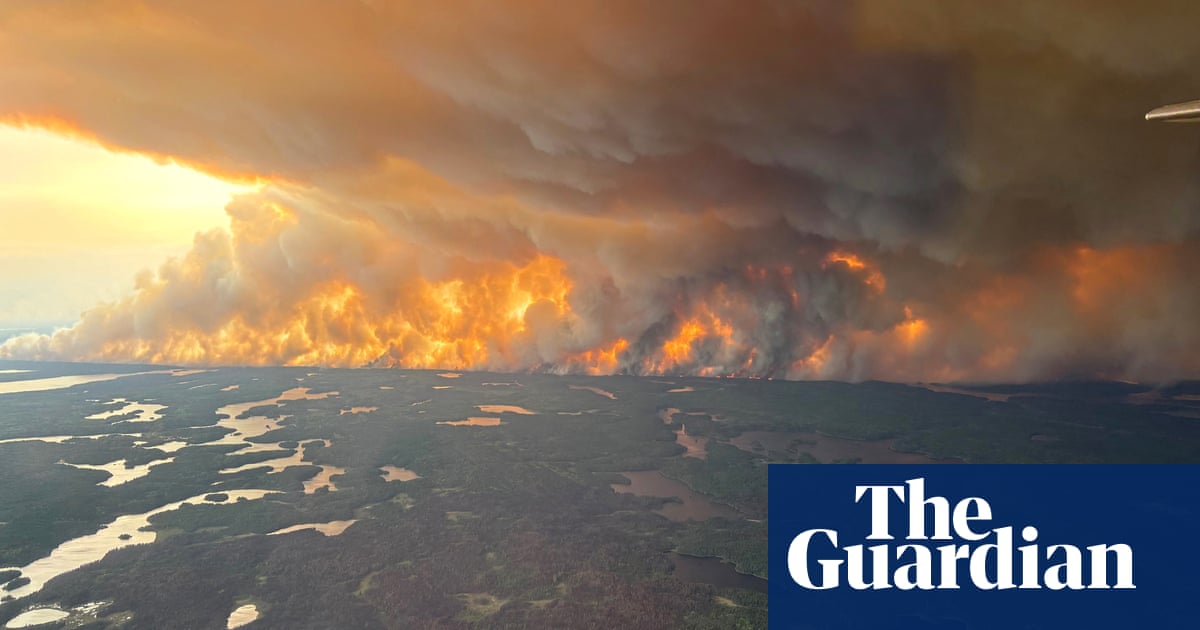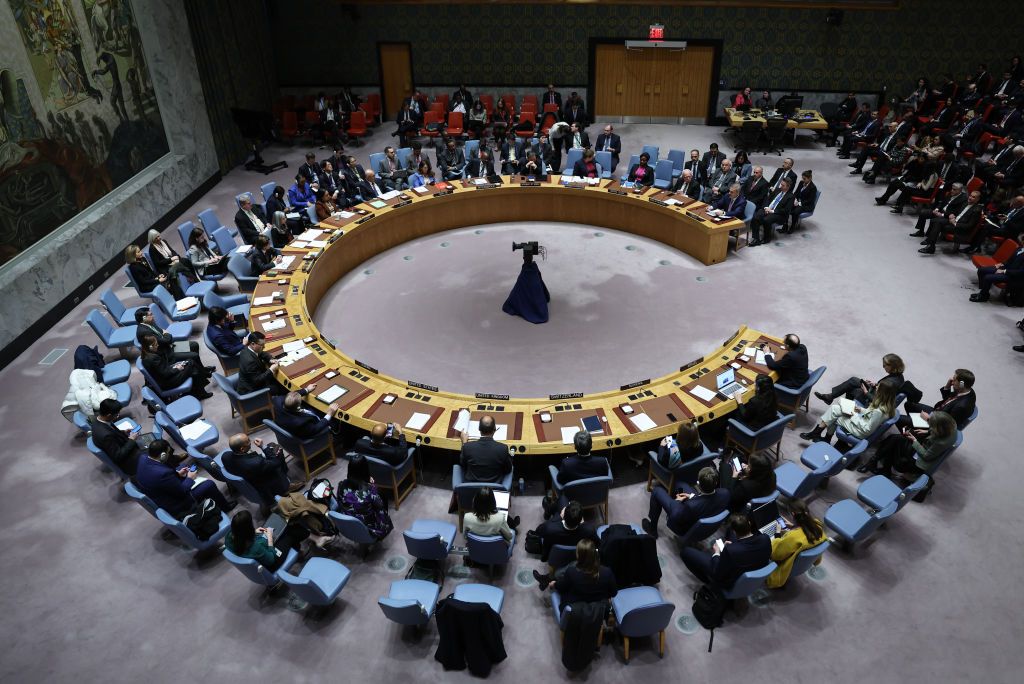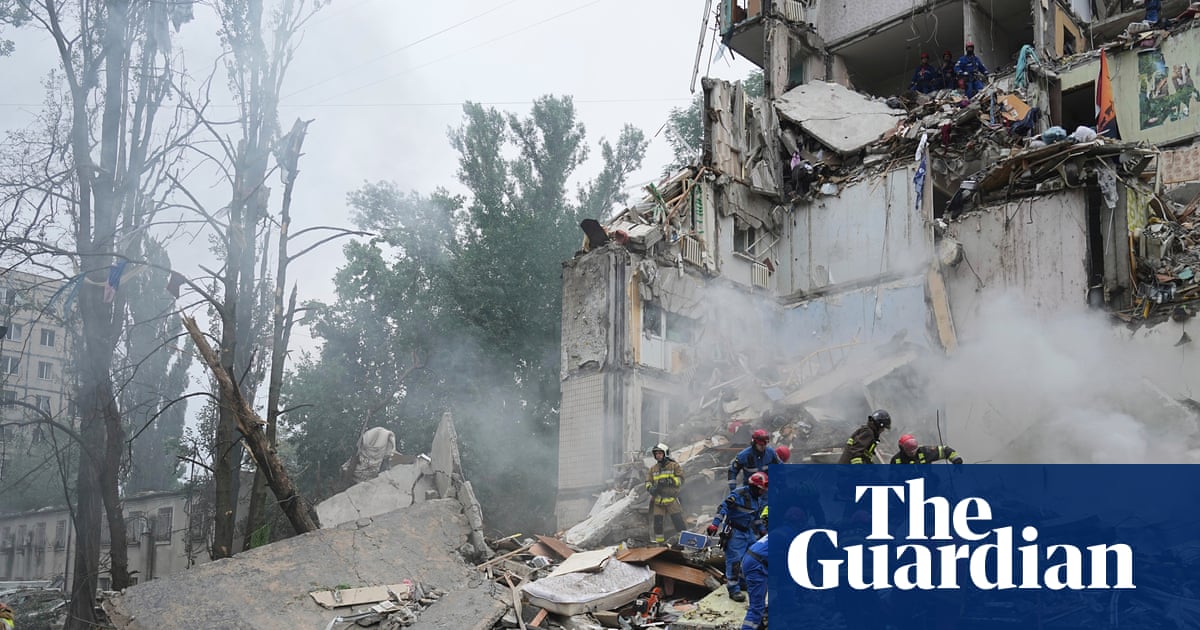Massive Evacuations in Manitoba as Wildfires Rage

In a dramatic response to the escalating wildfire crisis, more than 17,000 residents of Manitoba's western province are being evacuated as of Wednesday. This unprecedented action marks one of the most severe starts to the wildfire season in the region's history, prompting the Manitoba government to declare a state of emergency.
Manitoba Premier Wab Kinew addressed the media, stating, "This is the largest evacuation Manitoba will have seen in most people’s living memory." Kinew also reached out to Prime Minister Mark Carney, requesting military assistance for both evacuations and firefighting efforts. He mentioned that military aircraft will be deployed “imminently” to facilitate the safe transport of residents from remote northern communities, which are currently at significant risk.
The ongoing climate crisis has been instrumental in increasing both the frequency and intensity of wildfires across Canada. The nation has witnessed devastating fires in recent years, with 2023 setting records for destruction. Currently, Canada is grappling with 134 active wildfires, with provinces such as British Columbia, Alberta, Saskatchewan, Manitoba, and Ontario being particularly affected. Alarmingly, approximately half of these fires are classified as out of control.
Among the affected areas is the mining town of Flin Flon, where approximately 5,000 residents have been put on high alert to evacuate at a moment’s notice due to an advancing wildfire. Flin Flon, intriguingly named after a character from a 1905 novel, has seen its residents facing a dire situation.
Evacuee Sheryl Matheson shared a harrowing account, explaining that the wildfires had surrounded her hometown of Sherridon, situated to the northeast of Flin Flon. "It’s been overwhelming," said Matheson, who owns a fishing lodge. "It was very smoky. You could see the fires four or five kilometers away, moving fast." She described the terrifying sight of flames reaching heights of over 121 feet and noted that firefighters were unable to approach the infernos safely.
Elsaida Alerta, another evacuee, expressed her anxiety as she prepared to leave Flin Flon, where she has resided for the past three years. “Especially for somebody that lived in a big city before, never having to evacuate, this is definitely nerve-racking,” she confessed. The lone highway providing an escape from Flin Flon was congested with traffic, and local gas stations had run out of fuel, complicating the evacuation process.
Alerta explained, “We gathered all our essential things, important documents, medications, and our pets' necessities. We’re just going to make our way and hope for the best.”
Premier Kinew highlighted the alarming nature of the wildfires, noting that, for the first time, multiple regions are affected simultaneously. “This is a sign of a changing climate that we are going to have to adapt to,” he stated, emphasizing the need for a comprehensive response to the environmental challenges. Currently, 22 wildfires are active within the province alone.
The Manitoba wildfire service reported a staggering loss of nearly 200,000 hectares of forest in just the past month, which represents three times the annual average of the last five years. Kirstin Hayward, from the Manitoba wildfire service, attributed this spike in fire activity to the extended warm and dry conditions prevalent in the province.
Earlier in the week, approximately 1,000 residents from Lynn Lake and Marcel Colomb First Nation in Manitoba, along with 4,000 individuals from Pelican Narrows and surrounding communities in Saskatchewan, had already been evacuated. In a tragic turn of events, a firefighter sustained severe injuries after being struck by a falling tree while combating the wildfires; he is currently receiving treatment in a hospital.
In response to the crisis, Premier Kinew announced that emergency shelters are being established and called upon businesses and communities across Manitoba to “open your doors” to those displaced by the fires. The situation is dire, as the province faces a humanitarian challenge amidst the ecological catastrophe.
In a heartbreaking incident earlier this month, two residents of the small community of Lac du Bonnet lost their lives after becoming trapped in a major wildfire northeast of Winnipeg, underscoring the severe human cost of these environmental disasters.
























